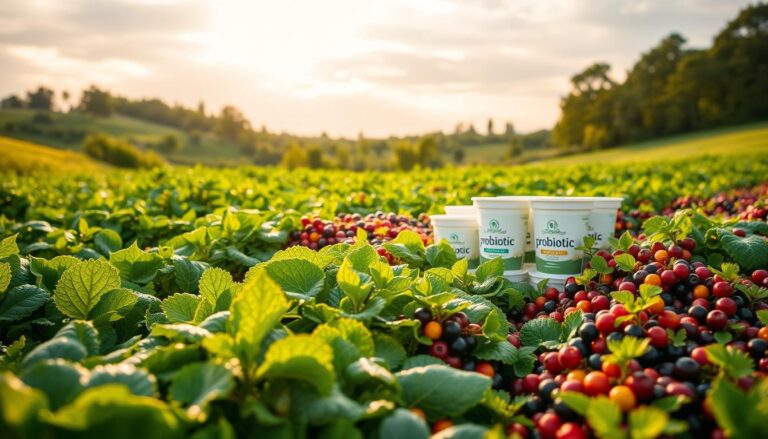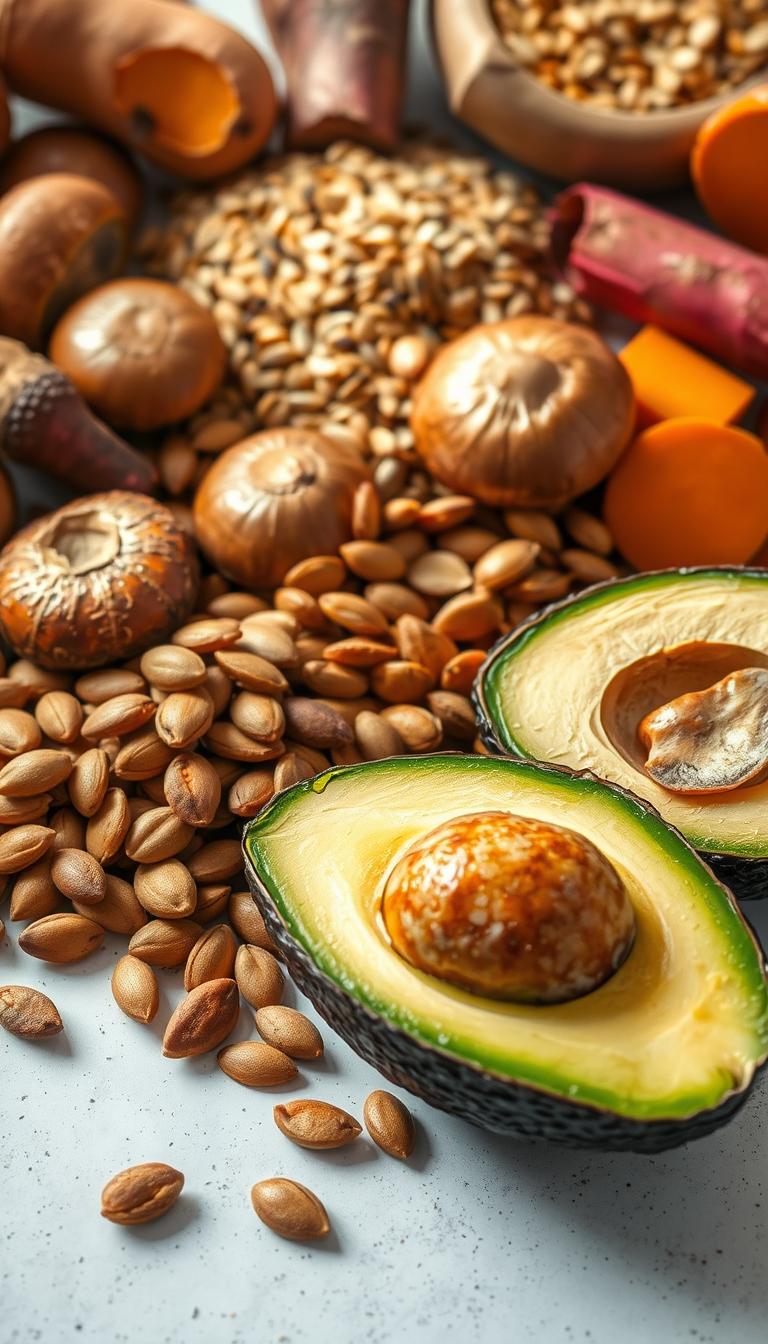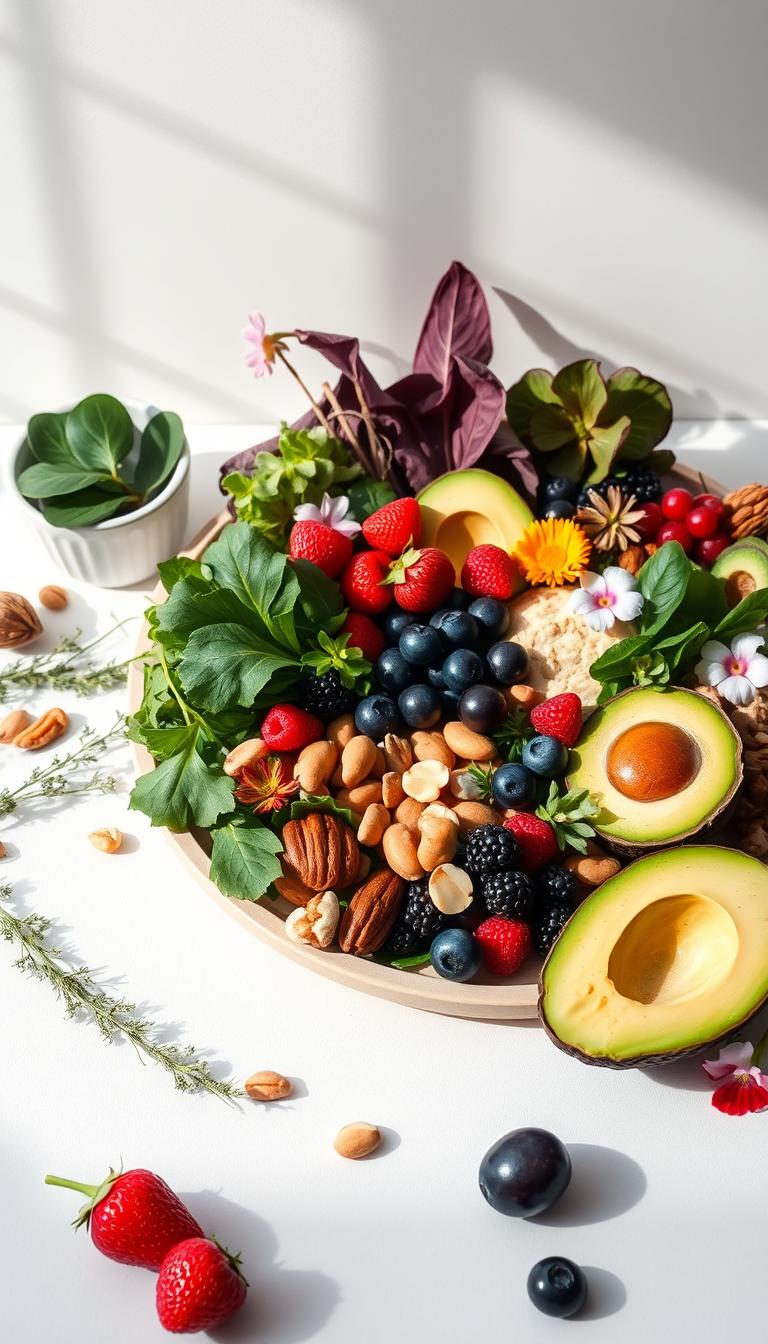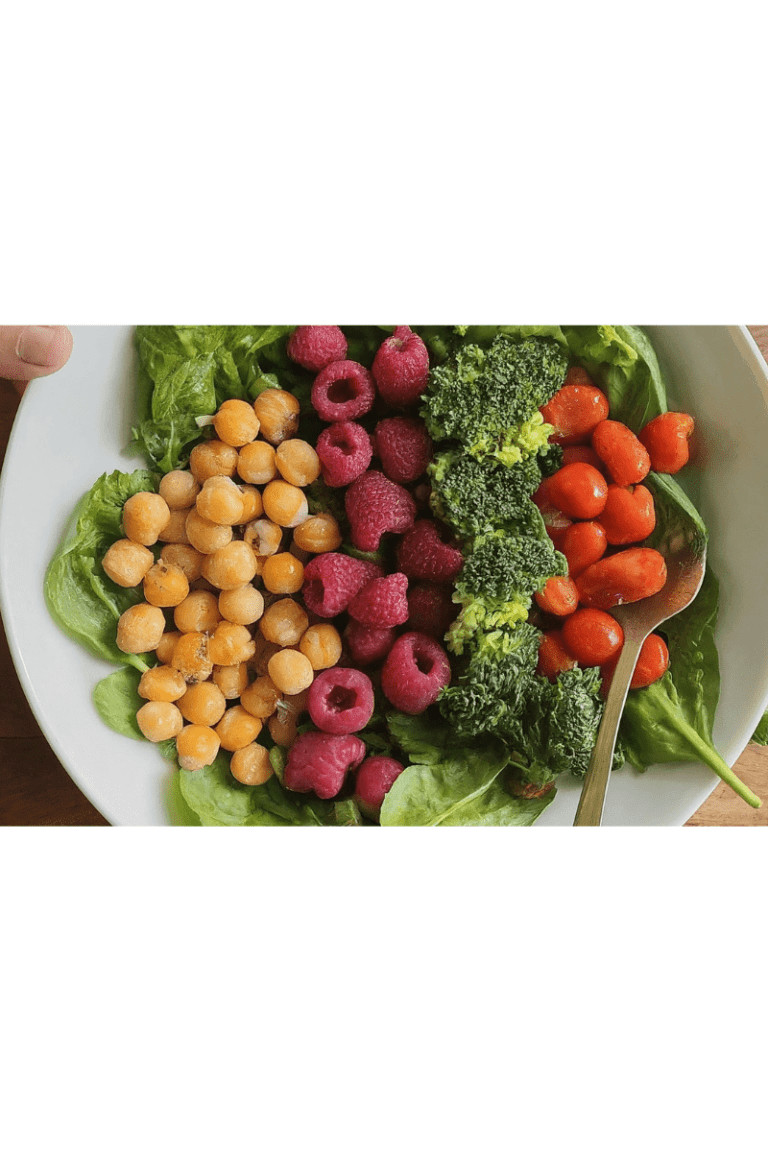
Bloating on a Vegan Diet: Tips to Improve Gut Health
Switching to a vegan diet is an empowering decision for your health, the planet, and animal welfare. But for some, bloating becomes an unexpected hurdle in this journey. If you’re feeling gassy, full, or just plain uncomfortable after meals, don’t worry—it’s a common experience, and with the right strategies, it’s entirely manageable. Let’s explore why bloating happens, the science behind gut health, and practical tips to keep your digestion on track.
Why Does Bloating Happen on a Vegan Diet?
Bloating can be caused by a combination of dietary changes, how your gut adapts, and even preparation methods. Here are some key reasons why it occurs:
1. Increased Fiber Intake
Switching to a vegan diet often leads to a significant increase in dietary fiber. While fiber is excellent for your long-term gut health, too much fiber too quickly can overwhelm your digestive tract. Fiber feeds beneficial gut bacteria, which produce gas as a byproduct. This is a healthy process, but it can feel uncomfortable if your body isn’t used to it.
2. FODMAP-Rich Foods
Some plant foods—like garlic, onions, and certain beans—contain FODMAPs, fermentable carbohydrates that are harder to digest for some people. As these foods ferment in your large intestine, they can lead to bloating and gas.
3. Cruciferous Vegetables
Cruciferous vegetables like broccoli, cauliflower, and Brussels sprouts are nutrient powerhouses, but they’re also notorious for causing digestive issues. They contain raffinose, a sugar that ferments in the large intestine, leading to bloating and abdominal pain for some individuals.
4. Improper Legume Preparation
Beans, lentils, and other legumes are vegan staples, but they’re also infamous for causing gas. This happens because they contain complex sugars like oligosaccharides, which are difficult to digest without proper preparation.
5. Gut Microbiome Adjustments
When you shift to a plant-based diet, your gut microbiome—the community of bacteria in your digestive system—undergoes changes. These bacteria thrive on plant-based foods, but as they adjust, you might experience temporary bloating.
6. Underproduction of Digestive Enzymes
Some people transitioning to a plant-based diet may experience a lag in their body’s ability to produce digestive enzymes. These enzymes break down complex plant foods, and without them, your digestive tract might struggle to process certain meals efficiently.
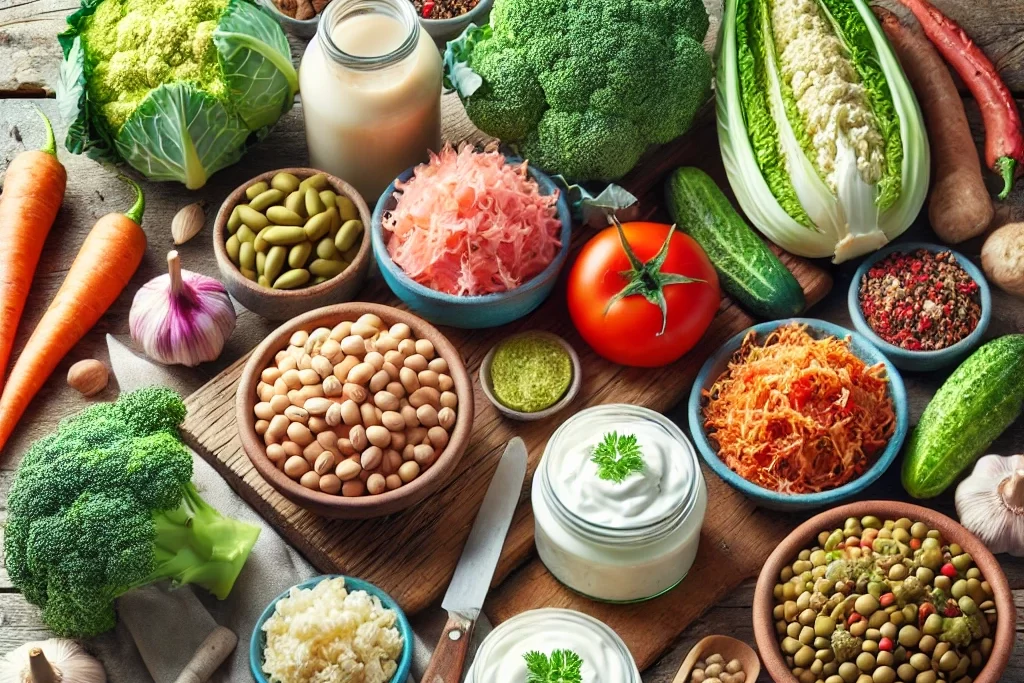
Practical Tips to Minimize Bloating
Let’s get into actionable steps to ease bloating and improve your gut health:
Gradually Increase Fiber
If you’re new to veganism, pace yourself. Slowly increase your intake of high-fiber foods like beans, lentils, and whole grains. This gives your digestive tract time to adapt and reduces the intensity of gas production.
Stay Hydrated
Fiber needs enough water to move through your digestive system efficiently. Without proper hydration, you might experience constipation or bloating. Drink at least 2 liters of water daily, and include hydrating teas like peppermint or fennel, which can soothe bloating.
Prepare Legumes Properly
The way you cook your legumes can make all the difference. Soaking beans overnight and rinsing them before cooking helps reduce gas-producing compounds. Pressure cooking or adding spices like cumin, turmeric, or asafoetida can further aid digestion.
Limit Cruciferous Vegetables Initially
While cruciferous vegetables are highly nutritious, they can be challenging to digest for some people. Cook them thoroughly, which helps break down their tough fibers and sugars, or consume smaller portions if you’re experiencing digestive issues.
Opt for Low-FODMAP Foods
If you notice consistent bloating after eating certain foods, try a low-FODMAP approach. Focus on easily digestible options like zucchini, spinach, and sweet potatoes, while temporarily limiting foods like garlic and onions.
Chew Thoroughly and Eat Slowly
Digestion begins in your mouth. Eating quickly or not chewing properly can lead to swallowing excess air, a major contributor to bloating. Take your time, chew thoroughly, and enjoy your meals mindfully.
Consider Digestive Enzymes
If you’re struggling with bloating despite dietary adjustments, consider taking plant-based digestive enzymes. These supplements can help break down complex carbohydrates, fats, and proteins, supporting your digestive system in processing plant foods more efficiently.
Incorporate Probiotics
Probiotic-rich foods like sauerkraut, kimchi, and plant-based yogurts can introduce healthy bacteria into your gut. These bacteria help balance your microbiome, reducing gas and supporting digestion.
Exercise Regularly
Physical activity stimulates your digestive system and helps move gas through your intestines. Even a short walk after meals can alleviate bloating and support gut health.
Long-Term Strategies for Gut Health
Once you’ve tackled immediate bloating issues, it’s time to focus on sustaining long-term gut health. Here are some strategies to help you thrive on a vegan diet:
- Embrace Diversity in Your Diet : A diverse diet rich in fruits, vegetables, grains, nuts, and seeds fosters a healthy microbiome. Aim to eat a variety of plant-based foods weekly to ensure your gut bacteria stay balanced and thriving.
- Explore Fermented Foods : Fermented foods are powerhouses for gut health. Miso, tempeh, and kombucha are delicious vegan-friendly options that can improve digestion and reduce bloating.
- Manage Stress: Stress can have a direct impact on your gut, leading to bloating and discomfort. Practices like yoga, meditation, or simply taking time to relax can help.
- Track Your Food and Symptoms: Keeping a food diary allows you to identify patterns between your diet and bloating episodes. Once you pinpoint specific triggers, it becomes easier to adjust your meals accordingly.
- Be Patient with Your Body: Transitioning to a vegan diet is a process, and your body might need time to adapt to higher fiber levels and new food groups. Temporary bloating is a sign that your gut is adjusting to a healthier, more plant-rich lifestyle.
Common Questions About Bloating on a Vegan Diet
How Long Does Bloating Last When Transitioning to Veganism?
For most people, bloating subsides within a few weeks as the gut adjusts. However, it varies depending on your previous diet and how quickly you’ve transitioned.
Should I Avoid Legumes Completely?
Not necessarily! Proper preparation methods can significantly reduce the likelihood of bloating. If legumes still cause discomfort, try smaller portions or substitute with lentils and split peas, which are easier to digest.
Are Probiotics or Digestive Enzymes Necessary?
While not mandatory, probiotics can support gut health and reduce bloating. Digestive enzymes may also be beneficial if your digestive system is struggling to break down complex plant foods. Both can be valuable tools, depending on your needs.
Conclusion
Bloating on a vegan diet is a common experience, but it’s usually temporary and signals that your body is adapting to a more nutritious way of eating. By gradually increasing fiber, staying hydrated, and incorporating gut-friendly habits, you can minimize discomfort and embrace the benefits of a plant-based lifestyle.
Remember, everyone’s body is unique. Listen to yours, experiment with your diet, and don’t hesitate to consult a healthcare professional if bloating persists. Here’s to enjoying a bloat-free, plant-powered journey!

